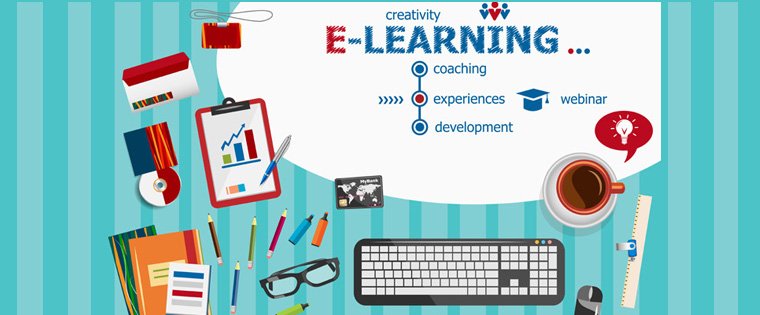How To Develop eLearning Software for an Education Conference
When it comes to creating eLearning software for an education conference, careful planning and execution are key. In this blog, we will explore the essential steps you need to take to develop an effective eLearning platform that will engage and educate conference attendees. Whether you're a beginner or an experienced developer, these tips will help you navigate the process successfully. Before embarking on the development journey, it's imperative to gain a deep understanding of the target audience. This involves identifying the demographics of educators expected to attend the conference and discerning their specific needs and preferences regarding educational content delivery. With a clear understanding of the audience in mind, the next step is to define precise objectives for the eLearning software development process. These objectives should be aligned with the overarching goals of the conference, focusing on enhancing learning outcomes and facilitating knowledge exchange. The success of any eLearning platform hinges on its user interface (UI) design. Developers must strive to create an intuitive and visually appealing interface that ensures seamless navigation for users. Incorporating interactive elements such as quizzes, polls, and discussion forums can significantly enhance engagement levels among conference participants. Central to the effectiveness of eLearning software is the quality of its content. Developers must curate educational materials that are not only relevant to the conference themes but also captivating and easily comprehensible. Utilizing multimedia elements such as videos, infographics, and case studies can augment the overall learning experience. Thorough testing is essential to identify and rectify any technical glitches or usability issues before the software is launched. Additionally, soliciting feedback from potential users enables developers to gain valuable insights into areas for improvement, ensuring a user-centric approach to software refinement. A well-planned launch strategy is crucial for garnering maximum visibility and adoption of the eLearning software among conference attendees. Leveraging diverse marketing channels such as social media, email campaigns, and promotional events can amplify outreach efforts and generate excitement surrounding the platform. To develop eLearning software, understand your audience, set clear objectives, design an intuitive UI, curate captivating content, test rigorously, and plan a robust launch strategy. Are you planning to develop eLearning software for your upcoming education conference? Whether you're seeking to enhance engagement, streamline content delivery, or elevate the learning experience, IIH Global is here to help.The Key Steps In Developing eLearning Software for an Education Conference
1. Understanding the Audience
2. Setting Objectives
3. Designing the User Interface
4. Content Development
5. Testing and Feedback
6. Launch and Promotion
Conclusion
Share your project details to build your path toward success.
Contact us now to discuss your eLearning software development needs and unlock the full potential of your education conference. Email us at sales@iihglobal.com and let's turn your vision into reality.







